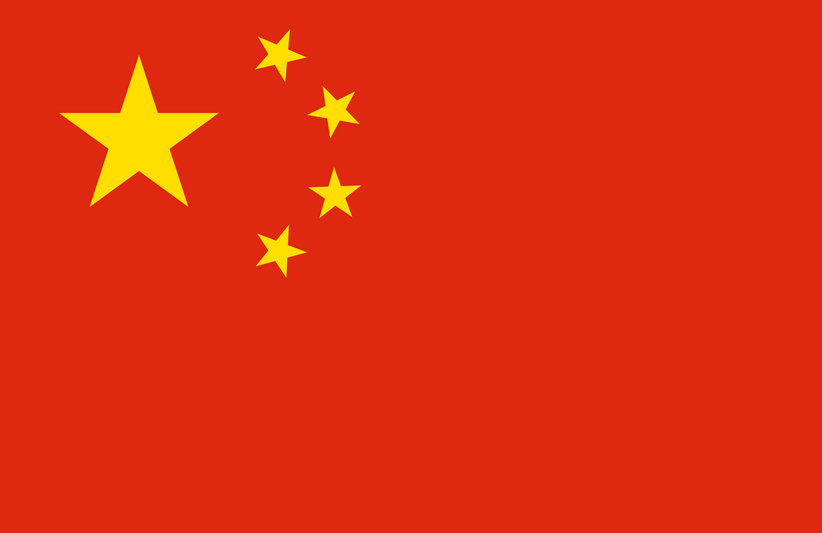Swiss manufacturer aims to expand solar cell and module production capacity to 3GW by 2024

Clean but mean: the EU–US arms race over cleantech investment
As Chinese solar manufacturers climbed to market dominance over the past decade, backed by endless subsidies from Beijing, many of their European counterparts went bankrupt.
Many, but not all: one Swiss company has come back fighting. Meyer Burger, which started out in 1953 as a watch machine manufacturer, came to be one of the world’s most reputable solar equipment suppliers. But in 2020, it made the decision to acquire cell and module production facilities to produce its own solar photovoltaic (PV) panels.
“People sometimes perceive us as the ‘last man standing’ in Europe, but this is untrue: we have started anew. We have opened a new chapter in an industry that is currently changing a lot,” Gunter Erfurt, CEO of Meyer Burger, tells fDi.
As it celebrates its 70th anniversary this year, the mechanical engineering company is toasting its successful pivot into solar cell and module production, as it ramps up capacity. Its modules, which use heterojunction technology, boast a 20% greater energy yield than average solar PV panels.
Technological renaissance
The company raised a total funding of SFr830m ($899m), including in equity, debt and convertible bonds, between 2020 and 2022. Most of this has been or will be spent on expansion. It aims to increase cell and module production capacity from one gigawatt (GW) in 2022 to 3GW each by 2024.
But front and centre of this expansion is a bid for strategic autonomy and something akin to retribution. “Europe lost the leadership race to China because Europe made China strong,” he says, adding that the fall in costs among Chinese solar manufacturers is down to European technology as much as it is the scaling-up authored by the Chinese government.
“We taught [Chinese manufacturers] how to make solar cells, modules and wafers … We basically gave away our core intellectual property (IP) assets,” he says.
The new business model, where more emphasis has been placed on protecting the patents of their products, brings about two advantages: “One, we can safeguard and ringfence our IP against misuse. Two, we benefit from and participate in the revenue pool growth in the solar market,” he says.
Amid the ongoing subsidies fight between the US and the EU, and while it is conscious of its European roots, Meyer Burger is first and foremost committed to expanding.
“We believe in the market, but if the industrial policy scheme under which we are operating is better elsewhere, then we will go elsewhere,” he says.




